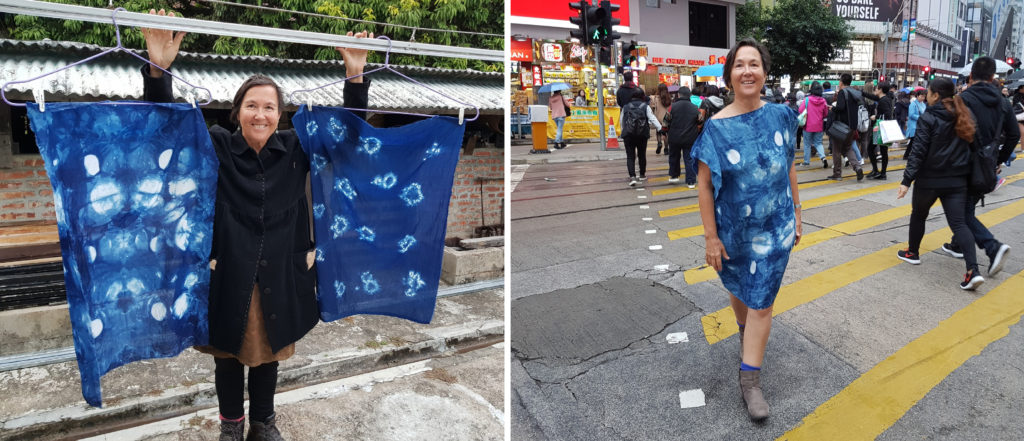Clothes do not fall from the sky and meals do not gush out of the earth. Our food and clothing must come from our own labour: Master Zi Bai, Ming Dynasty.
This 14th century philosophy is far removed from the 21st century when many people order a look or a meal with the click of a finger on a phone. Global supply chains have become so efficient at meeting our food and clothing needs for a handful of dollars that we’ve lost touch with their source.
Fast food and fast fashion is convenient but ultimately unsatisfying. We’re concerned about the ethics and waste. There is growing hunger for something more substantial, something real, something crafted with our own hands and effort.
In The pleasures of eating, American author and farmer Wendell Berry described eating as an agricultural act and author Michael Pollan In defence of food outlined his eater’s manifesto: eat food, not too much, mostly plants. As our food systems have industrialised over time we—the eaters—have become more passive and dependent consumers. Through gardening, cooking and brewing, we gain increased connection with the source of our food.
There is a parallel story in clothing and fibres. I define a wearer’s manifesto: wear clothes, have few, mostly natural fibres. Dressing is an agricultural act if you want to wear natural fibres rather than plastic ones. Did you know that two-thirds of our clothes are made using synthetic fibres that shed microplastic particles into our ecosystem and oceans?
I’ve become a material activist, a craftivist, championing a more natural and hands-on approach. When we re-skill we have agency—to darn a hole and mend a tear to keep clothes in service. As we grow our skills we—the wearers—solve problems in our wardrobe and explore our creativity.
Effortless shopping from a catalogue of ready-made clothing engenders a culture of cheapness and churn, rather than care and connection. Until we make something for ourselves to wear, we cannot appreciate the resources, time and skill that go into the clothes we buy.
Slow Clothing is a holistic, grassroots response to industrial production of cheap fast fashion which many consider to be unethical, unsustainable and unsatisfying. It is self-empowerment through resourceful thinking and individual actions.
Slow Clothing is a philosophy and manifests through 10 simple approaches to lighten our material footprint—think, natural, quality, local, few, care, make, revive, adapt and salvage.
It enables individual expression and personal connection to what we wear. We stitch to make our own mark on things, and to be mindfully engaged and productive. In return, we are liberated from commodification and an endless search for meaning through buying more things.
We have finite resources on Earth and everyday choices that show careful and considered use of those resources are required if we are to sustain our individual and collective future. Conscious consumers are now looking beyond visual appearances and understanding that planetary health is at stake here—our clothing choices don’t just affect our own health, they affect the health of others and the health of our planet.
This article was first published in Design Online, a publication of State Library of Queensland, by Jane Milburn, author of Slow Clothing: finding meaning in what we wear.
